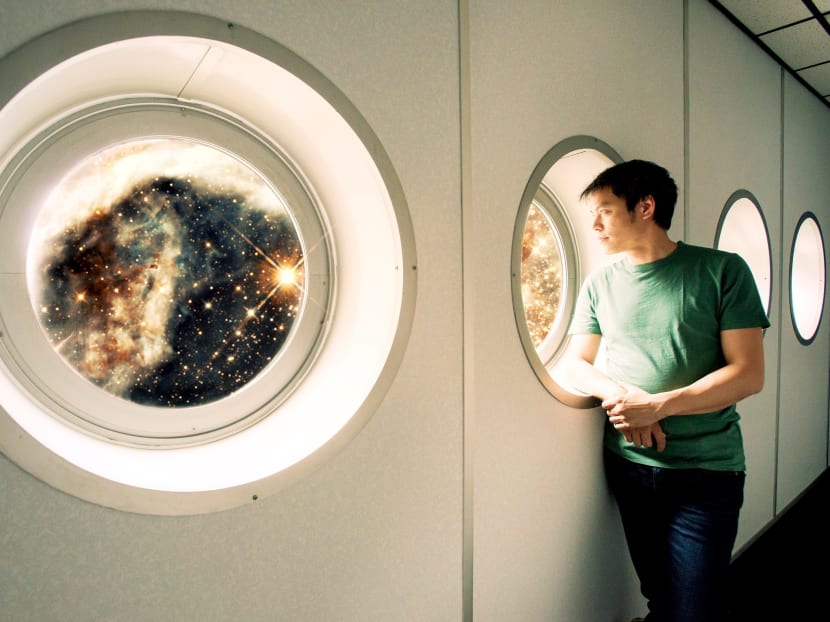Care for Earth first before moving to Mars, scientist says
SINGAPORE — While it may be possible for humans to live on Mars one day, it is not a good idea for them to colonise the Red Planet, said a scientist, mainly because the human race can barely care for their own planet.
SINGAPORE — While it may be possible for humans to live on Mars one day, it is not a good idea for them to colonise the Red Planet, said a scientist, mainly because the human race can barely care for their own planet.
This is the view held by Dr Kevin Fong from the United Kingdom, who has done research at United States space agency Nasa on long-duration human space exploration.
He said: “On many levels, going to Mars and colonising Mars is not a good precedence to set as a species, (where we) mess up one planet after another. I think in terms of colonising, we probably better first get a grip on this planet on which we live.”
He also said that while there are ways to alter Mars’ atmosphere “to make it habitable in theory”, these are still “a long way off”.
“And even if you could, you don’t really want to do that,” he added. “Mars has all the secrets and history of the solar system and life in the universe, and we need to study it carefully first.”
Humans have not had an easy time travelling in outer space, not to mention living on other planets. Even though research and new technology have made it possible for them to survive longer stints away from Earth, being out in space means astronauts have to battle extreme environmental conditions that are very cold or very hot, adjust to the sense of weightlessness, and be exposed to space radiation.
Dr Fong, a medical doctor with an interest in space medicine and extreme environments, said that weightlessness affects the body most apparently. Bones and muscles, which are used to bear the weight of the body against gravity, waste away, with muscles getting smaller and bones getting less dense.
In experiments done with rats, a third of their muscle mass was lost within nine days, said Dr Fong. “It looks like fun to be floating around, but it has negative impacts on the body,” he added.
Exposure to space radiation also affects astronauts, but it may take a while for effects to show. Dr Fong, who also has degrees in astrophysics and engineering, said that it was not about wearing suits to protect astronauts from radiation, but knowing where and when radiation is worse — something that astronomers study.
During a solar flare, where there are powerful eruptions of radiation from the sun, astronauts must be able to hide in the areas of the spacecraft that can shield against the radiation.
As space missions travel farther and get longer, extending to one to three years, it has become more important for astronauts to recycle and use renewable resources, since taking more things into space would require larger rockets and more energy to launch them.
“Initially when they first started going into space, everything was disposable. When the oxygen ran out, you would throw away the bottle and not try to recycle it,” said Dr Fong. Now, urine is recycled into water, and even the air astronauts breathe out is recycled for oxygen.
And for the most challenging part of the journey, where the rocket is launched and potentially explosive energy is released, the work of scientists across many fields is needed.
“That’s why human space travel is so interesting. It needs scientists, engineers, physicists, mathematicians,” he said, adding that part of the excitement is working with scientists who are “pushing the limits of human endurance and survival”.
Come August, Dr Fong will be in Singapore to give a talk on how to survive in space, as part of the Singapore Science Festival.
With Britain’s first astronaut on the International Space Station, Mr Tim Peake, he will introduce the science, medicine and engineering technologies behind space travel, such as space sickness, water recycling, artificial gravity and more.







